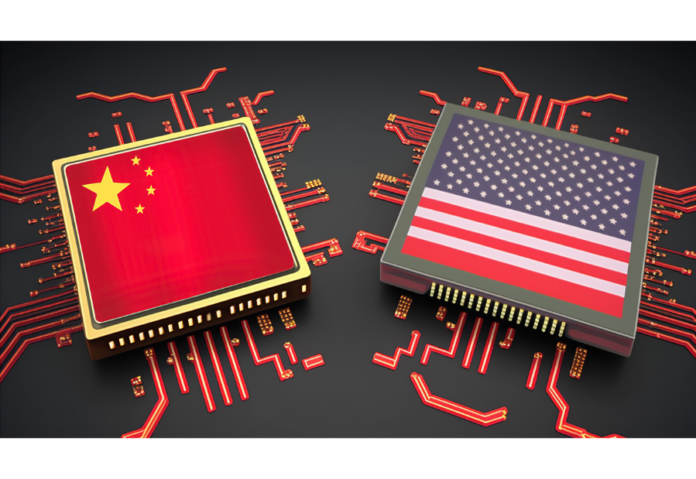China has criticized the US for stiffening semiconductor export restrictions, stating that it has exacerbated trade hurdles and uncertainty in the chip industry.
China has criticized the United States’ tightening of semiconductor export laws, claiming that it has increased trade barriers and uncertainty in the chip business.
The Biden administration last week altered laws to make it more difficult for China to obtain U.S. artificial intelligence chips and chipmaking tools, as part of a bigger campaign to stifle Beijing’s chipmaking business over national security concerns.
“The United States has expanded the definition of national security, arbitrarily changed the rules, and increased control measures. This has not only set up more impediments and imposed a larger compliance burden on Chinese and American enterprises who wish to operate together economically and in trade properly, but it has also caused enormous uncertainty for the global semiconductor sector,” a Commerce Ministry spokesperson said.
In response to a reporter’s query, the spokesman stated that the decision by the US “significantly affects mutually beneficial cooperation between Chinese and foreign enterprises and harms their legitimate rights and interests.” “China strongly opposes this.”
The United States implemented export restrictions in October, and companies like Nvidia (NVDA.O) and AMD (AMD.O) have been impacted by the dispute.
“China is ready to work with all parties to strengthen mutually beneficial cooperation and promote the security and stability of the global semiconductor industry and supply chain,” the spokesperson went on to say.
Also read: Nurturing Responsible Online Behavior in Students by Building a Culture of Digital Citizenship
Do Follow: CIO News LinkedIn Account | CIO News Facebook | CIO News Youtube | CIO News Twitter
About us:
CIO News, a proprietary of Mercadeo, produces award-winning content and resources for IT leaders across any industry through print articles and recorded video interviews on topics in the technology sector such as Digital Transformation, Artificial Intelligence (AI), Machine Learning (ML), Cloud, Robotics, Cyber-security, Data, Analytics, SOC, SASE, among other technology topics.






